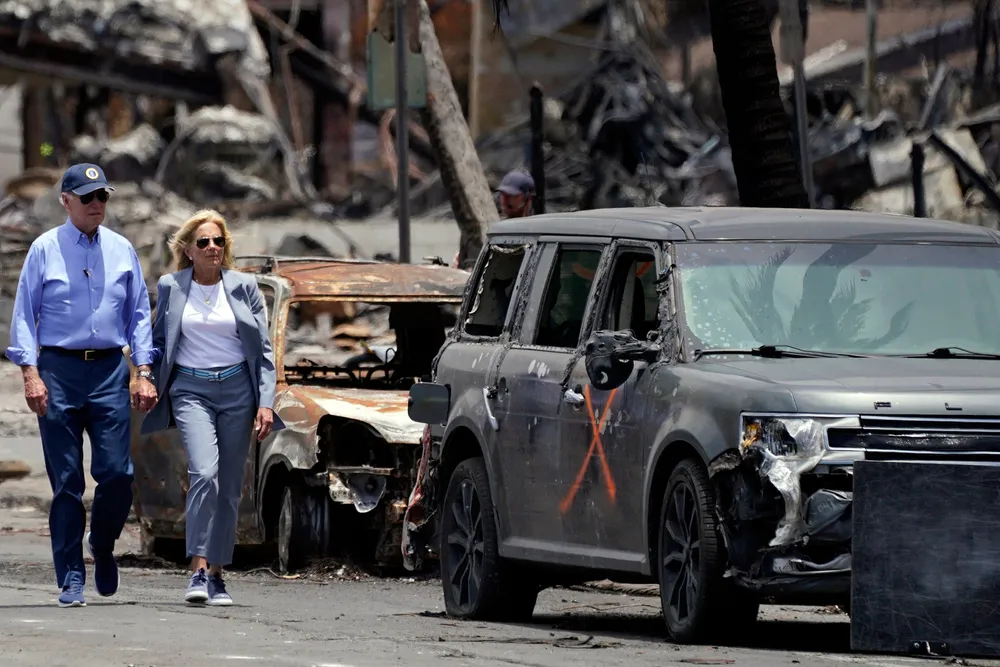Deadly wildfires a timely reminder for cash-rich oil majors to invest in confronting climate change
As the oil and gas industry gathers at upcoming events, the issue of global heating should not be eclipsed by the excitement around immediate commercial opportunities
